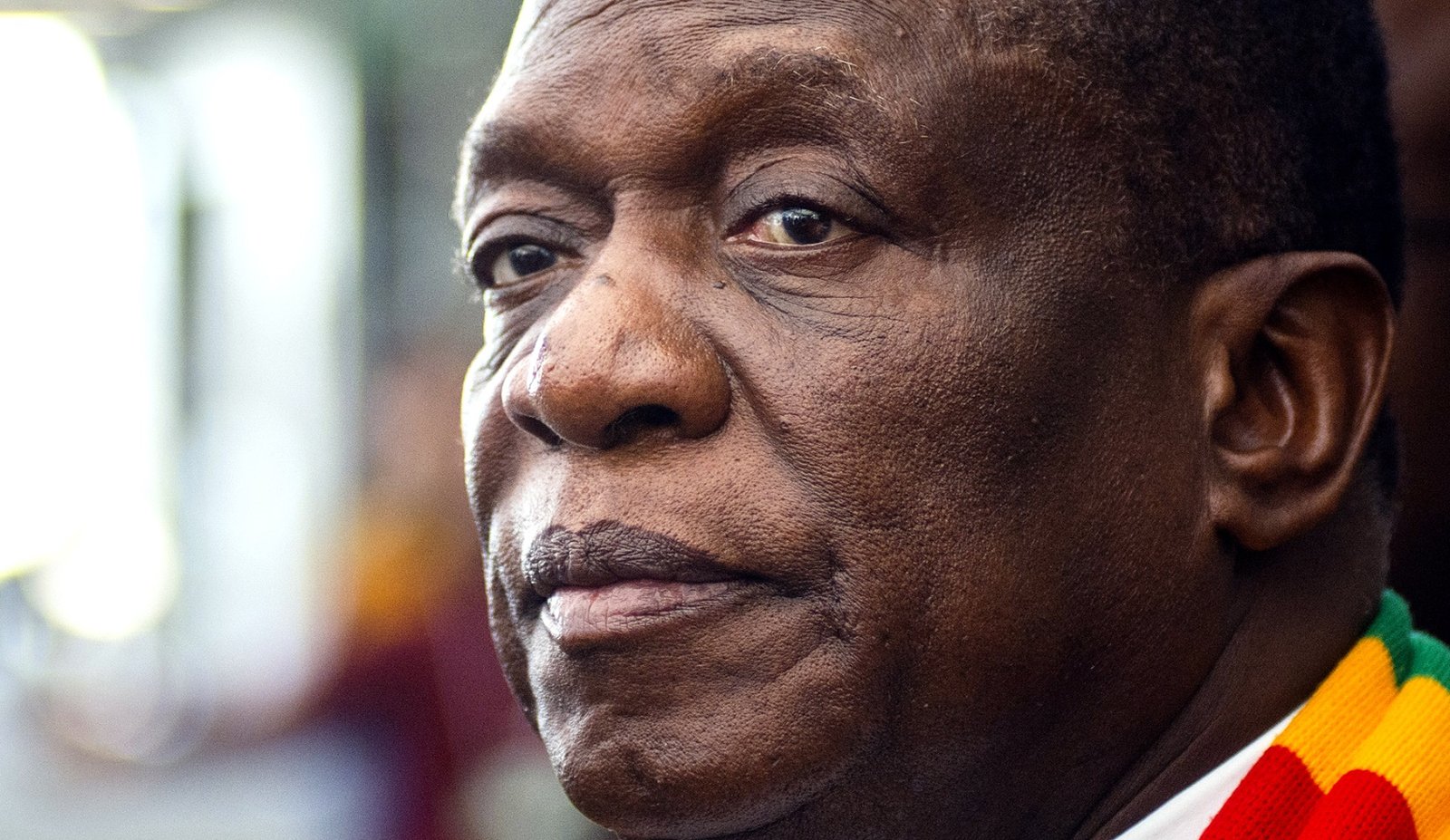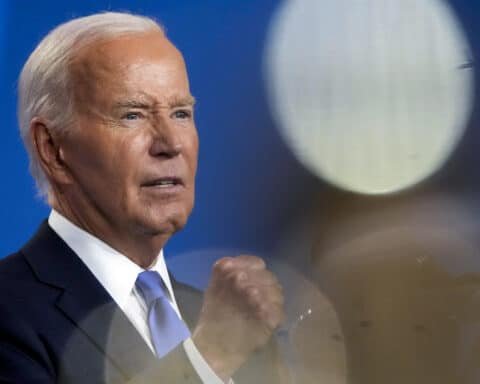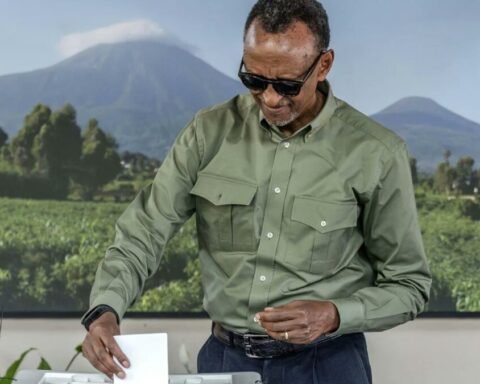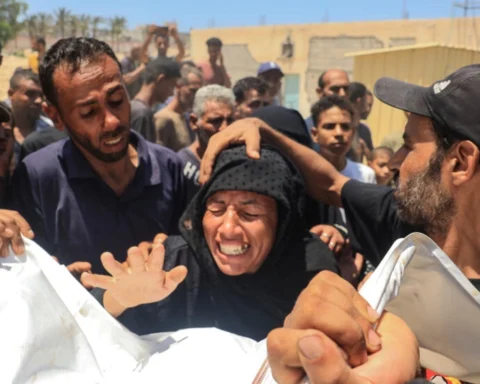Washington, D.C. — The United States government has escalated its efforts to address corruption and human rights abuses in Zimbabwe by imposing targeted sanctions on several high-ranking officials and entities within the country. This strategic move signifies a pivotal shift in the U.S. approach towards Zimbabwe, focusing on individual accountability and the promotion of democratic principles.
Amid growing international concern over the political and economic turmoil in Zimbabwe, the U.S. Department of the Treasury announced the imposition of sanctions on three entities and eleven individuals. Among those targeted are key figures in the Zimbabwean government and business sector, including President Emmerson Mnangagwa, Vice President Constantino Chiwenga, retired Brigadier General Walter Tapfumaneyi, and prominent businessman Kudakwashe Tagwirei. These individuals are being sanctioned under Executive Order 13818, which enhances the Global Magnitsky Human Rights Accountability Act, for their direct involvement in undermining democratic processes and contributing to widespread corruption.
The announcement comes at a time when Zimbabwe continues to face intense scrutiny over its human rights record and the suppression of dissent. The U.S. action aims to signal a strong stance against those implicated in serious human rights abuses and corruption, linking them to a broader network of global criminal activities that include bribery, smuggling, and money laundering. These activities have not only impoverished communities within Zimbabwe but also affected the wider southern African region.
This latest series of sanctions marks an evolution in the U.S. policy, moving away from broader economic sanctions towards a more focused strategy aimed at individuals and entities directly responsible for perpetuating abuses and corruption. The U.S. government has clarified that these sanctions are not intended to penalize the Zimbabwean public but to hold accountable those who deny Zimbabweans their rightful democratic freedoms and governance.
In addition to the sanctions, the U.S. has paused its participation in the African Development Bank Dialogue and implemented a new visa restriction policy targeting individuals undermining democracy in Zimbabwe. These measures coincide with the recent decision to terminate a longstanding sanctions program initiated in 2003, reflecting a nuanced approach to fostering accountability and supporting Zimbabwe’s path towards democracy and economic recovery.
The U.S. Administration has reaffirmed its commitment to working with the people of Zimbabwe, pledging ongoing support for civil society, human rights defenders, and independent media organizations. By aligning its actions with the Zimbabwe Democracy and Economic Recovery Act of 2001, the United States aims to encourage transparency, accountability, and the protection of human rights, ensuring that those responsible for denying Zimbabweans their democratic rights are held accountable on the international stage.








